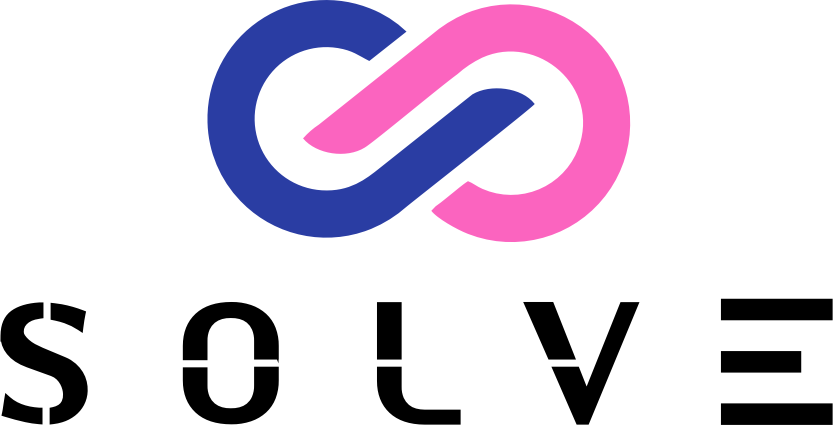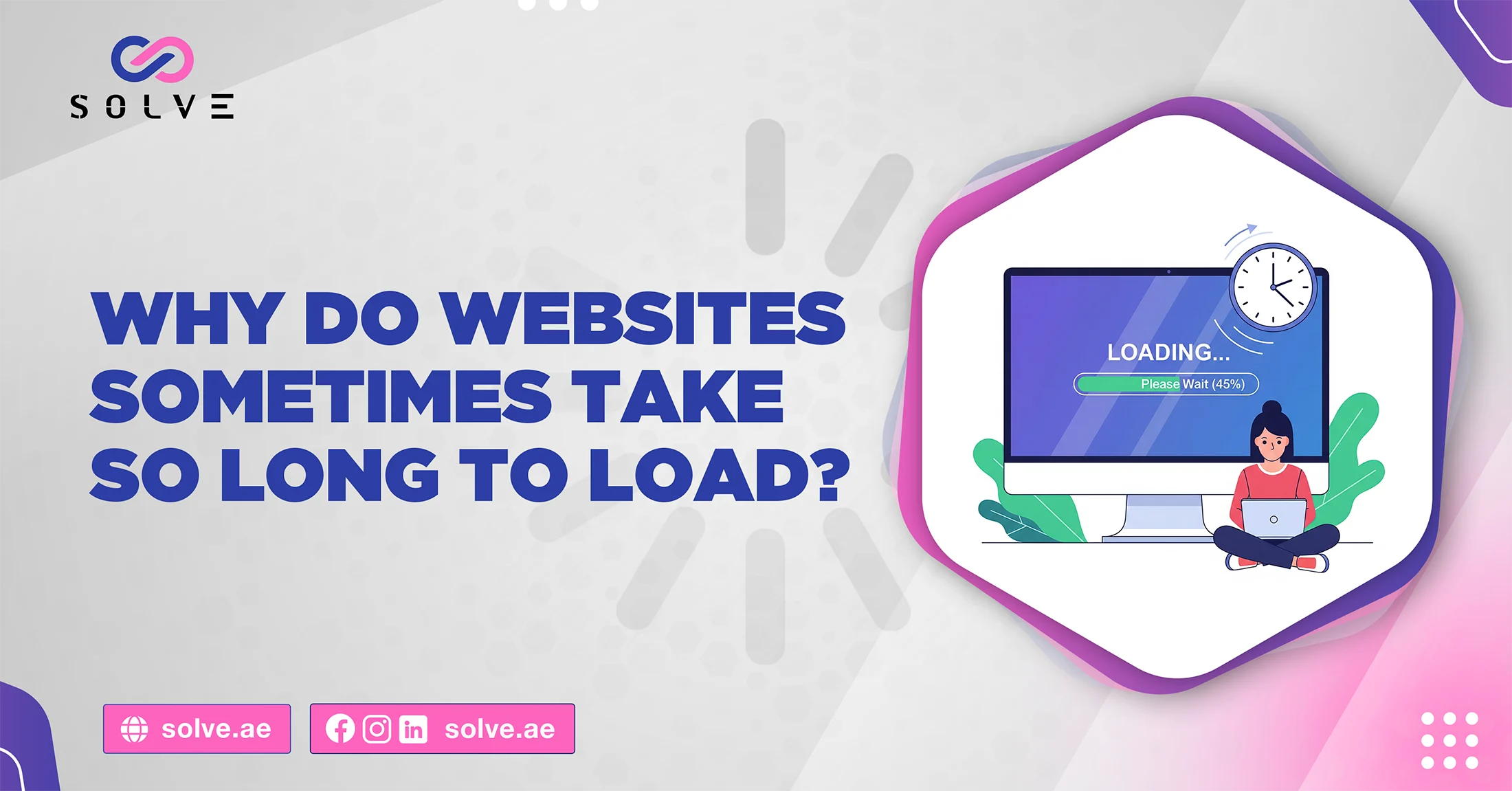- By Vanshika Choudhary
- May 29, 2025
We have all been hung up waiting for a website to load. Be it an online shopping portal or a source of news and information, sluggish websites feel simply annoying and may lure you away. But have you ever pondered why some websites take so long to populate on your screen? You may understand the common reasons for websites loading slowly and give these common issues a miss to have a better Internet experience.
The Website Content and Design
Website content and design speak volumes for a website in the speed of display. The more complex and heavy the site becomes, the more it would probably take to accurately display everything.
Large Images and Videos
High-quality images and videos can really shine, but they are monstrous in terms of file size. If a website has many such big images or videos, your browser simply needs more time to download and display them. If these files are not optimized, they can speedily ruin the performance of an entire website. Slow internet connections are particularly impacted.
Heavy on Animations and Effects
Fancy animations, sliders, and other interactive effects can make any website shine. But they need extra code and resources to run. The browser has to process all the effects, increasing load time, especially on older devices or browsers.
Too Many Plugins or Widgets
Many websites are laden with plugins and widgets for stuff like social media feeds, chatbots, and pop-up forms. With every new plugin, there’s a lot more code to load, and some of them even demand files to be fetched from some other server. When a website is filled with too many plugins, it tends to become bloated and slow at loading.
Server Issues and Hosting
A server is a website’s home on the Internet. If there is some server or hosting issue, the website loading will get slow.
Shared Hosting Overload
The shared hosting is widely used among small websites that host several sites on the same server. A site on the server that gets a lot of traffic or uses a lot of system resources slows down the rest of the sites residing on that server. This is a common cause of slow loading issues, especially for budget hosting plans.
Server Location and Distance
The location of the server matters. As an Indian user, if your server is in the US, your data will have to travel a lot over age. It shall add some extra time if the website is not using a content delivery network (CDN) to resolve it.
Lack of Server Resources
If a website is hosted on a server with limited RAM or processing power, the website can hardly cope with the visitors all at once. This can cause slow-looking times or complete outages during bigger times.
Internet Connection or Networking Issues
Sometimes, it is not about the website but your Internet connection or network.
Slow Internet Speeds
If your Internet connection is lagging, every website will take its time to load. Large files, consisting of images and videos, are usually quite slow to download. Generally, this is the case with mobile data or public Wi-Fi networks.
Network Congestion
With a lot of people all trying to use a network simultaneously, like in an office setting or a coffee shop, network congestion occurs. This means a little less bandwidth is given to each user, resulting in slower website loading times. check out our latest blog post on Top 5 Essential Components of an RFID Asset Tracking System.
ISP Throttling
Other ISPs might throttle or purposely slow certain traffic, such as video streaming or large downloads. This trickling effect of loading speeds affects sites laden with media.
Website Coding and Optimization
The way a website is designed and optimized is also a factor in its speed. Poorly written code and optimization may slow the loading of even a simple website.
Unoptimized Code and Scripts
A website is made of code, including HTML, CSS, and JavaScript. If the code is disrupted, outdated, or full of errors, it will slow the browser down as it tries to weave through everything. Unnecessary or duplicated scripts only contribute to the problem.
No Caching
Caching is the mechanism by which browsers store some part of a website in the local cache so they do not have to re-download everything again on repeat visits. If caching is not utilized at the website, all associated files must be downloaded from the server each time a webpage is loaded, which certainly slows down repeat visitors more.
Too Many HTTP Requests
Every image, script, or style file on a website requires its own request to the server. If there are many tiny files on a website, this means the browser will be making lots of requests, and that could slow things down. Combining files and reducing those requests, in other words, could speed up times.
External Services and Third-Party Content
External services are usually taken advantage of by ad, analytics, or even social media integration solutions. These two could also cause a site to load slowly.
Slow Third-Party Scripts
Suppose external scripts are being used by a website for different company purposes, such as ad networks or analytics tools. In that case, the speed of those services ultimately affects the speed of the website. It means in case of an external service being slow or down, this will delay the loading of the website in its entirety.
Embedded Content
If you embed content like YouTube videos, social media posts, or the like, then your browser must connect outward to retrieve that content. Therefore, if those sites happen to be slow, then so will your site.
Ad Networks and Trackers
Advertisement from various networks is shown by many websites. Each advertisement requires the loading of scripts and images from different servers. If ad servers run slow, it would make the entire page so slow.
Conclusion
There are several factors behind slow loading times on a website: heavy graphics, complex designs, server issues, and slow internet connections. Knowing these causes can help you troubleshoot slow sites or make better decisions in the selection or creation of a site. An owner that optimizes often and chooses reliable hosting will have quite a fast site. Slow websites stopping you? Reach out today and join the expert team in getting your website optimized for faster loading and better UX!




